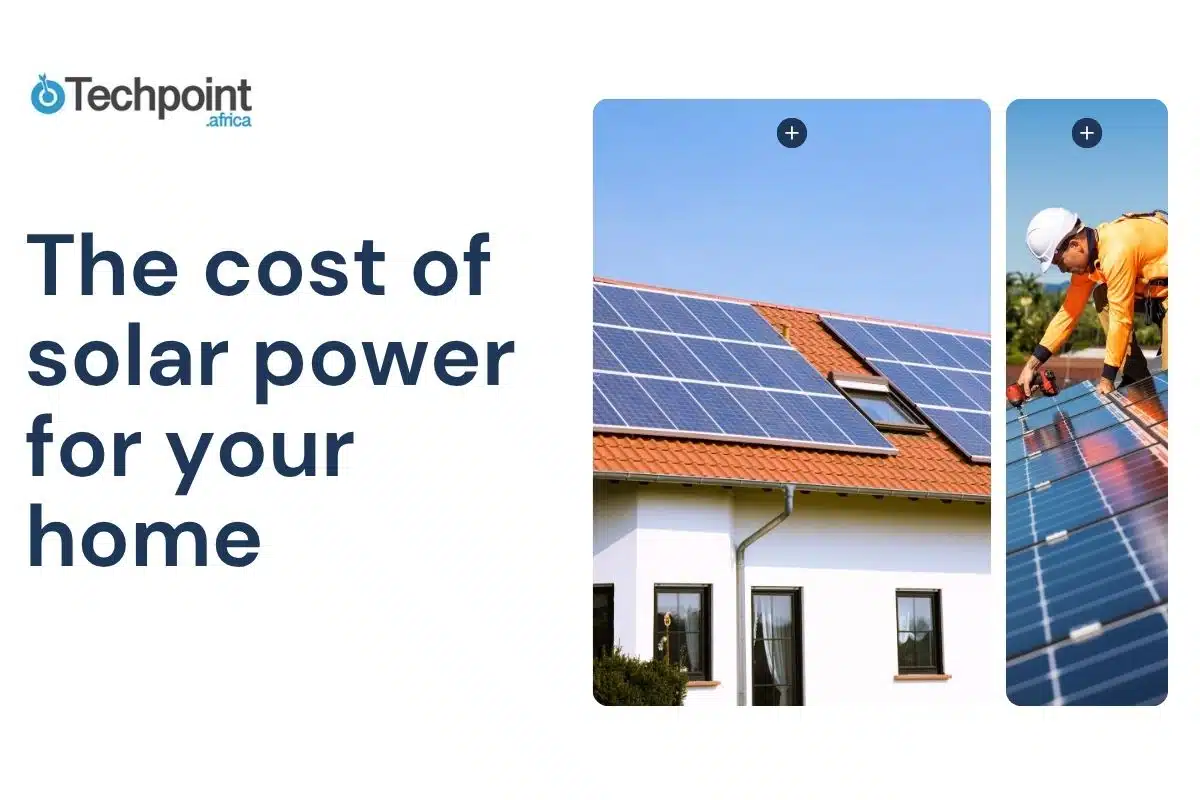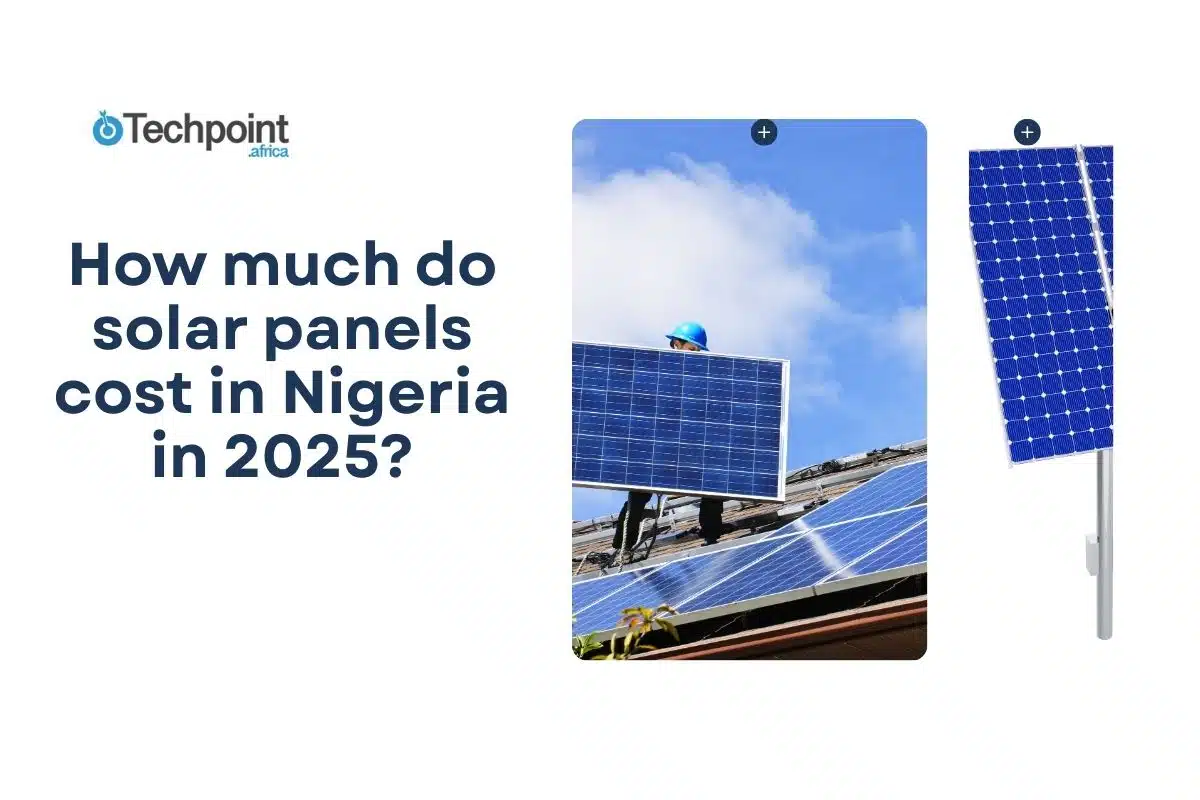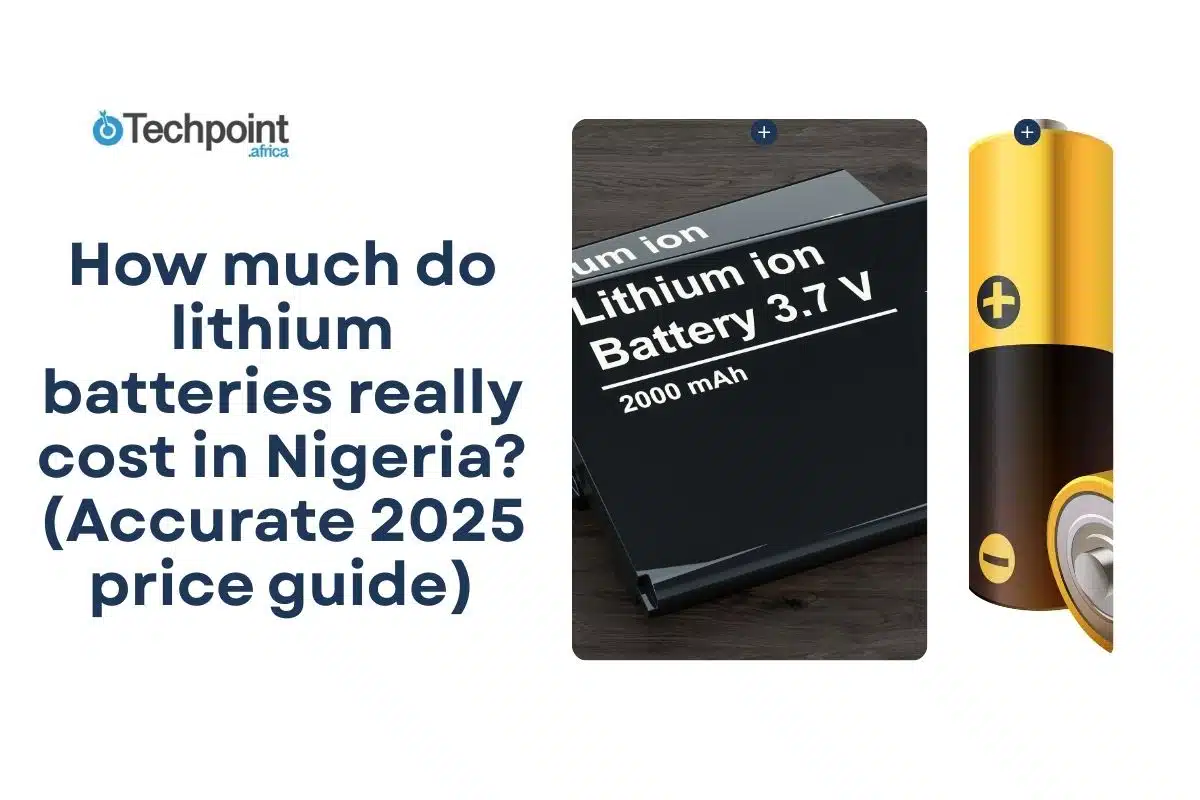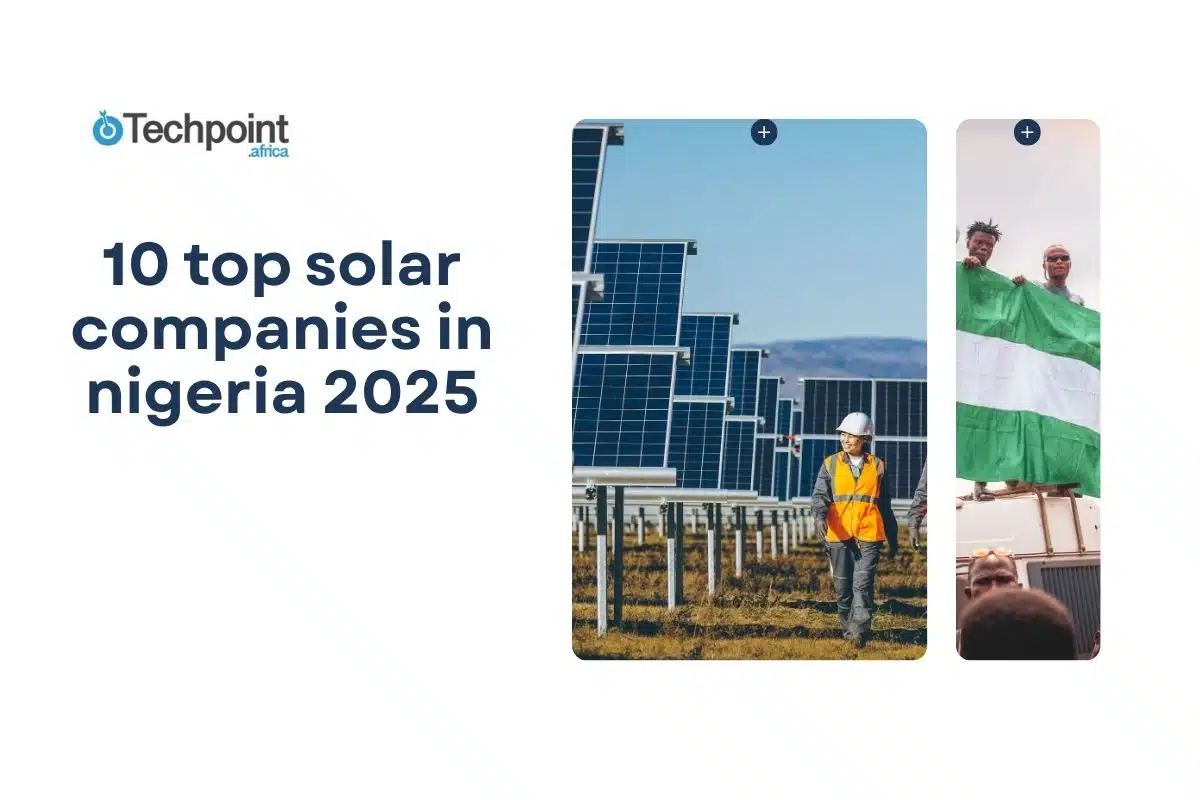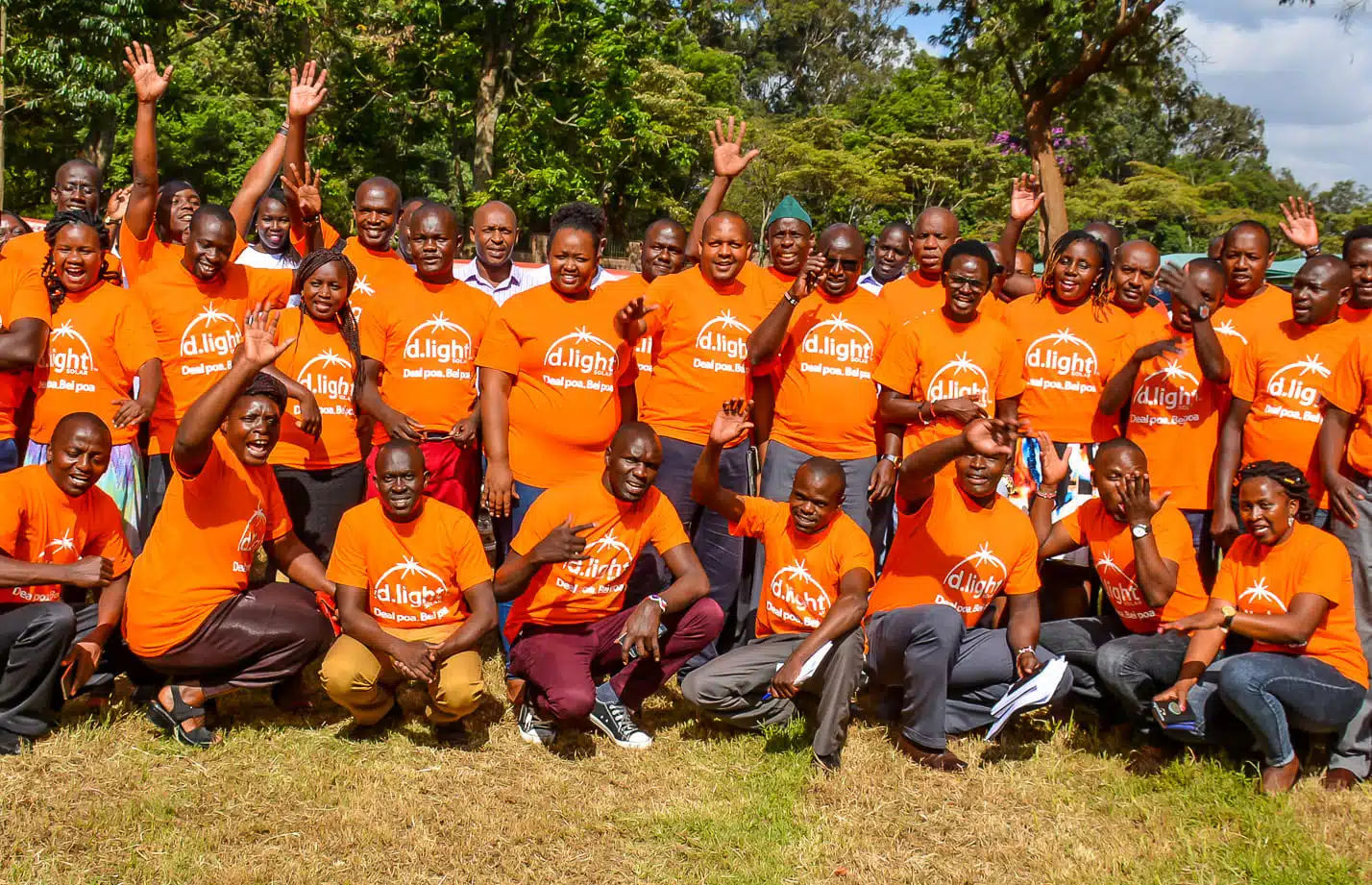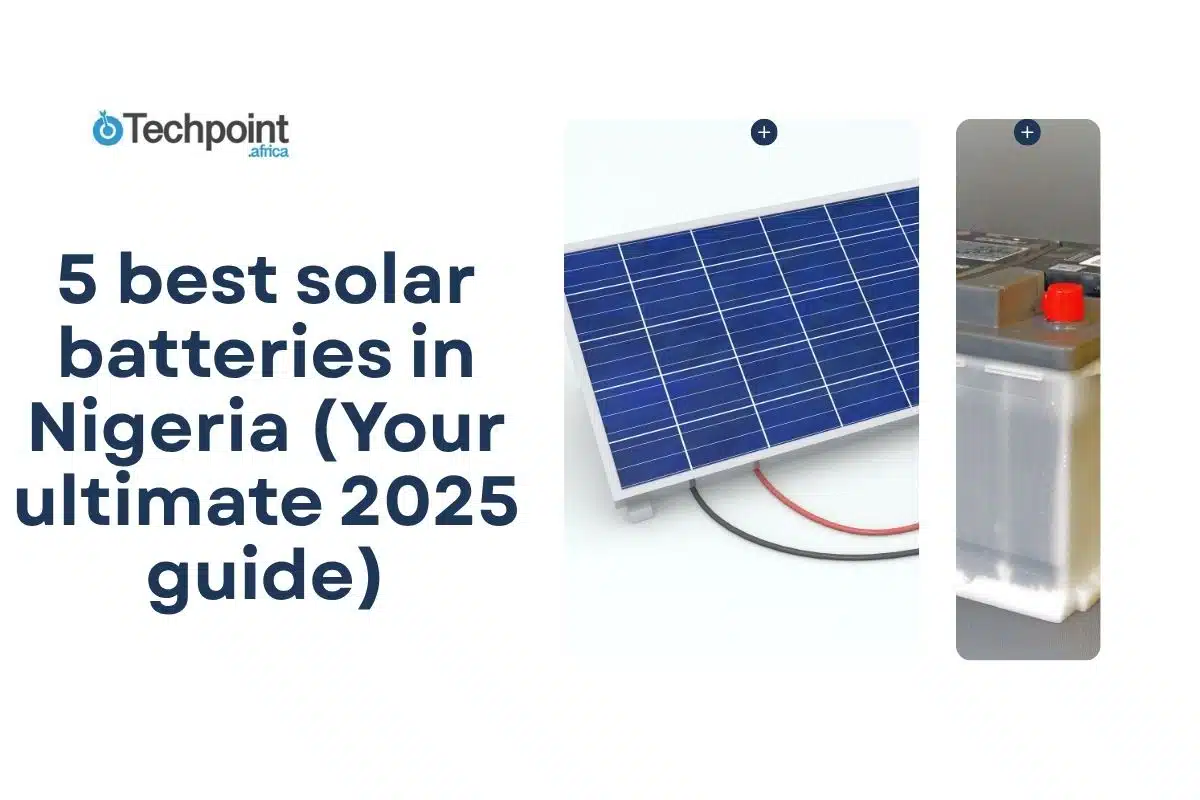Nigerians couldn’t hold back their reactions when news broke that the Federal Government had set aside a whopping ₦10 billion in the 2025 budget to install a solar mini-grid at the Presidential Villa in Abuja.
According to official records, the project, formally named “Solarisation of the Villa with Solar Mini Grid,” is tucked under capital expenditure and partly explains the sharp rise in the State House budget, which jumped from ₦47.11 billion to ₦57.11 billion.
The government spokesperson has implied it’s an emulation of the White House in the U.S., where solar panels were added as part of the country’s push for cleaner energy.
But while the U.S. did this to encourage environmental responsibility, Nigeria’s reality is quite different because many citizens still struggle with unreliable power and soaring fuel costs.
That leads us to an important question.
Suppose the government is serious about promoting clean energy. What would it actually cost for regular Nigerians to power their homes or businesses with solar (compared to running petrol or diesel generators, especially in the long term)?
To find out, I spoke with Maektech Power Solutions, a solar installation company that also operates nationwide.
If you’re considering switching to solar, here’s a breakdown of what it really takes.
Solar for the Average Household: Cost Breakdown for 2025
The main problem with solar solutions is the high upfront cost.
The size and capacity of the system, the type of solar panel, the type of inverter, and the installation cost are the major drivers of the overall cost.
As the sales representative at Maektech Power Solutions explains, “It depends on what appliances you want to power and the size. Generally, Solar-powered inverters range from ₦1.9 million to ₦7 million for homes.”
1.5KVA Solar System – ₦1,850,000
If your energy needs are modest, maybe you’re a student, a remote worker, or a small business owner, this setup helps you keep the lights on, stay cool, and power basic electronics.
However, it’s not meant for heavy appliances like washing machines or air conditioners.
What type of household is this ideal for?
This size is perfect for a single-bedroom apartment, a self-contained flat, or small business setups like boutique offices.
What can it power?
- 10 light bulbs
- 1 home theatre system
- 1 fan
- 1 laptop
- 1 TV
- 1 small refrigerator
2.5KVA Solar System – ₦1,940,000
Just a small price jump from the 1.5 KVA system, but with much better capacity. This is a good “middle ground” option for people with growing energy needs who still want to manage costs. It’s great for families or entrepreneurs working from home.
What type of household is this ideal for?
A solar-powered inverter of this capacity can power a one—to two-bedroom apartment. It’s also ideal for spaces with moderate power needs, such as mini salons, cybercafés, or photography studios.
What can it power?
- 15 light bulbs
- 1 home theatre
- 2 fans
- 1 laptop
- 2 TVs
- 1 fridge
- 1 freezer
3.5KVA Solar System – ₦3,200,000
The 3.5kva solar solution costs a little above N3 million and can carry a washing machine and an inverter AC. So, the price also reflects the improved performance.
What type of household is this ideal for?
To avoid making an overkill, a solar of this capacity is sufficient for a 2 to 3-bedroom home, depending on the appliances you prioritise within the home.
What can it power?
- 20 light bulbs
- 1 home theatre
- 3 fans
- 3 laptops
- 2 TVs
- 1 washing machine
- 1 fridge
- 1 freezer
- 1 inverter air conditioner
5KVA Solar System – ₦3,700,000
This is a logical option if your home or business relies heavily on uninterrupted power.
While the price is on the higher side, it allows for freedom from generators. This size is becoming more common in some “middle-class” households that want peace of mind.
What type of household is this ideal for?
Installers would recommend the 5 KVA solar capacity for a full duplex or a 3–4-bedroom home. But it really depends on what you want to power within the house, because even large retail stores or small-to-medium primary schools can consider this option.
What can it power?
- 25 light bulbs
- 2 home theatre systems
- 4 fans
- 4 laptops
- 4 TVs
- 1 washing machine
- 1 fridge
- 1 freezer
- 2 inverter air conditioners
10KVA Solar System – ₦6,920,000
If you’re investing in solar for high-demand, this is a serious investment that pays off over time.
It’s mainly for businesses because it eliminates downtime and drastically reduces generator running costs. It’s also a long-term asset, especially with good batteries and maintenance.
Meanwhile, a lithium-ion-phosphate battery delivers three times the power of a lead-acid battery, even at high discharge rates, while maintaining a high energy capacity.
What type of household is this ideal for?
This option suits individuals with large homes or duplexes with multiple occupants. It’s also a great option for hotels, clinics, corporate offices, or warehouses.
If you have a business of such a size with 24/7 power needs, this solar capacity measures up.
What can it power?
- 40 light bulbs
- 2 home theatre systems
- 6 fans
- 4 laptops
- 4 TVs
- 1 washing machine
- 1 fridge
- 1 freezer
- 3 inverter air conditioners
You also have to check the backup time. Ideally, 6 to 8 hours of backup time is more suitable for prolonged outages.
If you’re considering switching to solar power, start by listing the appliances you rely on most. Then, compare that with what each system size can handle.
Remember that quality matters. Always choose trusted installers and ask for warranties. It also helps to compare quotes from a few other contractors.
Why Solar?
Solar power did not enjoy widespread acceptance and usage until a fresh solar knowledge awareness began to saturate the infrastructural ecosystem.
Recall that numerous solar financing startups in Nigeria have recently secured substantial funding to support renewable energy projects.
In 2024, Earthbond, a cleantech startup, received funding to scale its solar energy solutions. Similarly, Arnergy, a provider of solar power systems, raised $3 million in new financing to expand its services.
A report by the Africa Solar Industry Association (AFSIA) in Q1 2025 showed that Nigeria ranked 4th in Africa for solar energy adoption in 2024, adding 63.5 MWp of capacity, bringing its total installed capacity to 385.7 MWp.
Despite the growth, solar energy still accounts for only 1.6% of Nigeria’s overall energy mix, with solar installations in Africa reaching 2.5 GWp in 2024.
Regarding solar energy leadership, South Africa remains the top performer and the only African country in the “Gigawatt Club.”
Egypt surged to second place, benefiting from the commissioning of two projects in Kom Ombo, while Zambia, dealing with severe load-shedding, ranked third due to its shift to solar power.
The benefits are apparent, still:
- Solar-powered inverters will prove a great investment in the face of an unreliable national electricity grid.
- Following the consequential fuel subsidy removal, generator use is increasingly unaffordable for homes and businesses compared to solar’s long-term savings.
- The Nigerian weather or climate is a favourable condition for using solar.
- It empowers people to take control of their energy needs, without waiting for government intervention.
Going solar in Nigeria isn’t cheap, but it’s a smart move for those who can afford the initial cost.
If the government can spend ₦10 billion powering the Villa with solar energy, what’s the plan for the average Nigerian? How can we make clean energy more affordable and accessible?
The truth is, until solar energy becomes something people can get without breaking the bank, we’re not really going green.

